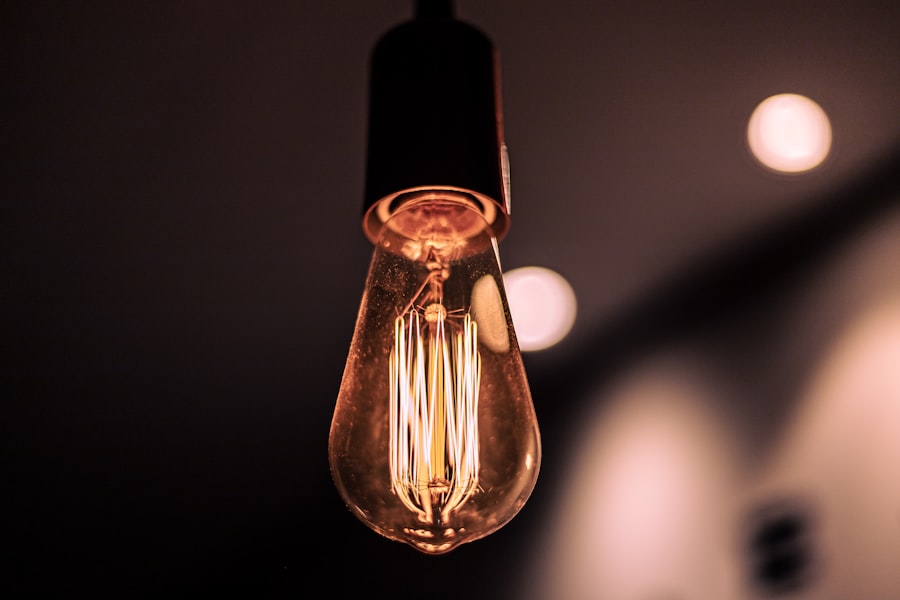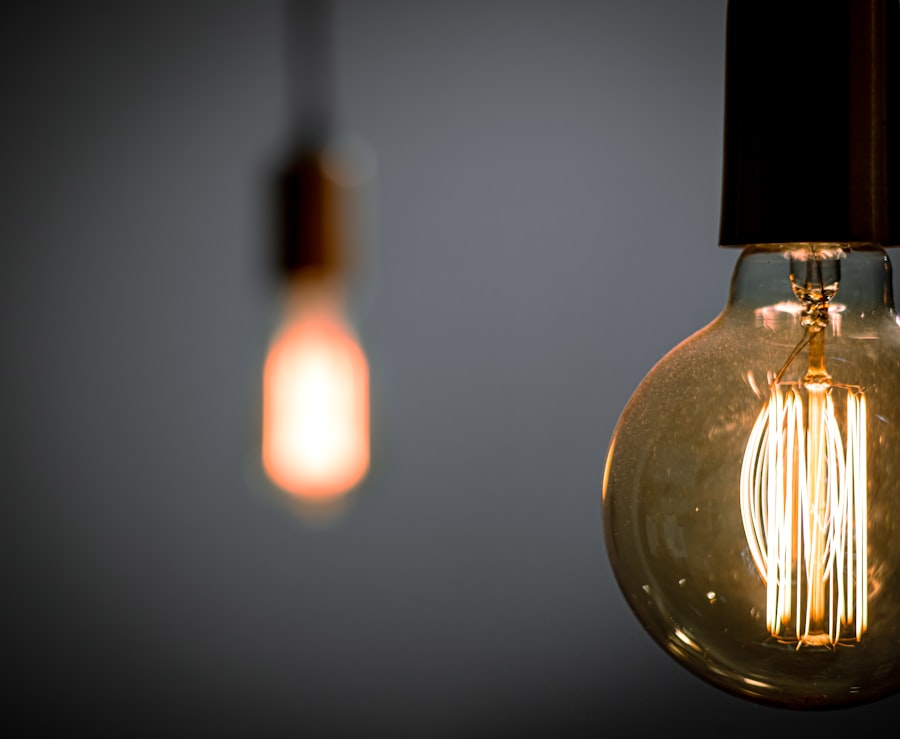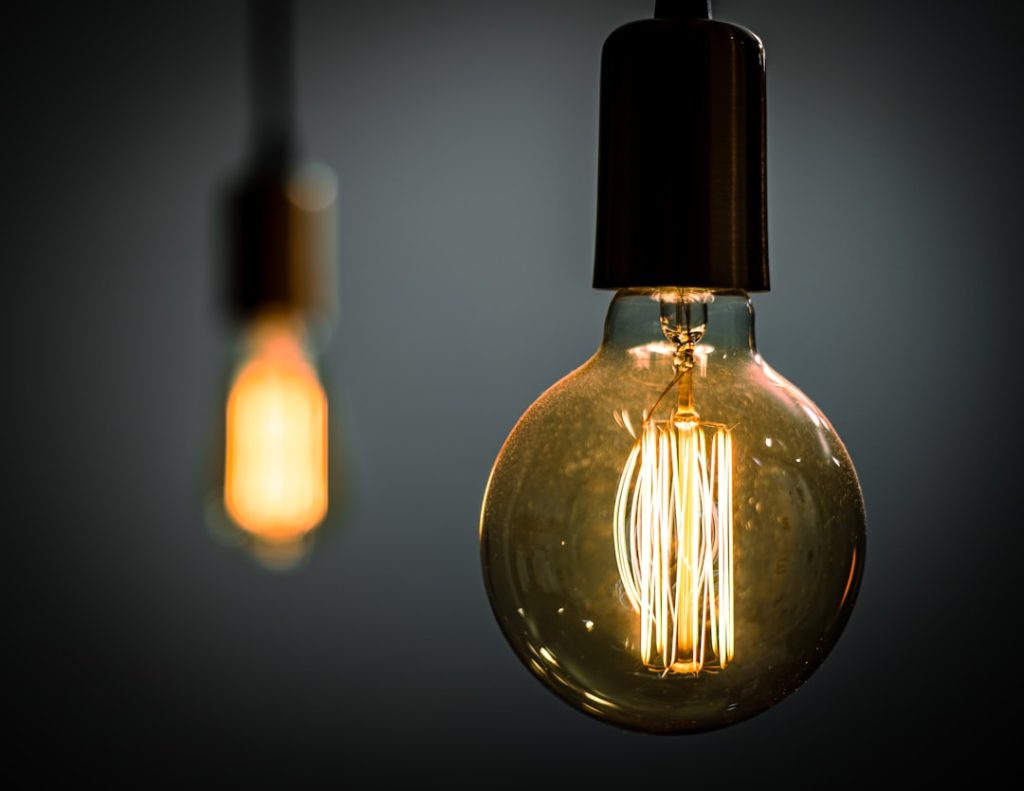Raising baby chickens is a rewarding and educational experience for both novice and experienced poultry keepers. Whether the goal is to raise chickens for eggs, meat, or as pets, providing proper care and an appropriate environment is crucial for the health and well-being of baby chickens. From hatching, these young birds require specific attention to ensure they develop into healthy, productive adults.
Key factors in raising baby chickens include providing adequate heat, nutrition, water, and shelter. Understanding and meeting these needs is essential for successful chicken rearing. This article will explore the importance of heat for baby chickens, methods to determine appropriate heat levels, the duration of heat required, transitioning chicks to ambient temperatures, and monitoring their health and behavior.
By adhering to these guidelines, poultry keepers can raise healthy baby chickens that will thrive under their care. The process of nurturing these young birds from hatch to maturity is not only fulfilling but also provides valuable insights into poultry husbandry for individuals of all experience levels.
Table of Contents
- 1 Importance of Providing Heat for Baby Chickens
- 2 Determining the Right Amount of Heat for Baby Chickens
- 3 Duration of Heat for Baby Chickens
- 4 Transitioning Baby Chickens to Life without a Heat Source
- 5 Monitoring the Health and Behavior of Baby Chickens
- 6 Conclusion and Tips for Raising Healthy Baby Chickens
- 7 FAQs
- 7.1 What is the purpose of keeping baby chickens under a light?
- 7.2 How long should baby chickens be kept under a light?
- 7.3 What type of light should be used for baby chickens?
- 7.4 What temperature should the light be set at for baby chickens?
- 7.5 What happens if baby chickens are not kept under a light?
Key Takeaways
- Raising baby chickens requires careful attention to their heat needs, health, and behavior.
- Providing the right amount of heat is crucial for the well-being and development of baby chickens.
- Determining the appropriate heat level for baby chickens involves monitoring their behavior and adjusting the heat source accordingly.
- Baby chickens require heat for the first few weeks of their lives to mimic the warmth they would receive from a mother hen.
- Transitioning baby chickens to life without a heat source should be done gradually to ensure they can regulate their own body temperature.
Importance of Providing Heat for Baby Chickens
Why Heat is Essential for Baby Chickens
Providing a consistent source of warmth is vital for helping baby chickens thrive and grow into healthy adult birds. Proper heat also stimulates their appetite and digestion, ensuring they receive the necessary nutrients for growth and development. By providing the right amount of heat, you can create a comfortable and safe environment for your baby chickens to flourish.
The Risks of Inadequate Heat
Without adequate heat, baby chickens can suffer from hypothermia, which can lead to illness or even death. It is essential to provide a consistent source of warmth to prevent this from happening.
Creating a Comfortable Environment
By providing the right amount of heat, you can create a comfortable and safe environment for your baby chickens to grow and develop. This will help them thrive and grow into healthy adult birds.
Determining the Right Amount of Heat for Baby Chickens

Determining the right amount of heat for baby chickens is crucial for their well-being. The ideal temperature for baby chickens during their first week of life is around 95 degrees Fahrenheit. As they grow older, you can gradually reduce the temperature by 5 degrees each week until they are fully feathered and able to regulate their body temperature on their own.
To provide the right amount of heat, you can use a heat lamp or a brooder to create a warm and cozy environment for your baby chickens. It’s essential to monitor their behavior closely to ensure they are comfortable and not too hot or too cold. By providing the right amount of heat, you can help your baby chickens thrive and grow into healthy adult birds.
Determining the right amount of heat for baby chickens is crucial for their well-being. The ideal temperature for baby chickens during their first week of life is around 95 degrees Fahrenheit. As they grow older, you can gradually reduce the temperature by 5 degrees each week until they are fully feathered and able to regulate their body temperature on their own.
To provide the right amount of heat, you can use a heat lamp or a brooder to create a warm and cozy environment for your baby chickens. It’s essential to monitor their behavior closely to ensure they are comfortable and not too hot or too cold. By providing the right amount of heat, you can help your baby chickens thrive and grow into healthy adult birds.
Duration of Heat for Baby Chickens
The duration of heat needed for baby chickens varies depending on their age and development. In general, baby chickens require supplemental heat for the first 6 weeks of life. During this time, it’s essential to monitor their behavior and adjust the temperature as needed to ensure they are comfortable and thriving.
As they grow older and develop feathers, they will become more resilient to changes in temperature and will eventually be able to regulate their body temperature on their own. It’s crucial to provide gradual adjustments in temperature to help them acclimate to life without supplemental heat gradually. By understanding the duration of heat needed for baby chickens, you can ensure they receive the proper care and support during this critical stage of development.
The duration of heat needed for baby chickens varies depending on their age and development. In general, baby chickens require supplemental heat for the first 6 weeks of life. During this time, it’s essential to monitor their behavior and adjust the temperature as needed to ensure they are comfortable and thriving.
As they grow older and develop feathers, they will become more resilient to changes in temperature and will eventually be able to regulate their body temperature on their own. It’s crucial to provide gradual adjustments in temperature to help them acclimate to life without supplemental heat gradually. By understanding the duration of heat needed for baby chickens, you can ensure they receive the proper care and support during this critical stage of development.
Transitioning Baby Chickens to Life without a Heat Source
Transitioning baby chickens to life without a heat source is an important step in their development. As they grow older and develop feathers, they will become more resilient to changes in temperature and will eventually be able to regulate their body temperature on their own. To transition them successfully, it’s essential to gradually reduce the temperature in their brooder or coop over time until they no longer require supplemental heat.
Monitoring their behavior closely during this transition period is crucial to ensure they are comfortable and thriving without a heat source. Providing them with plenty of bedding and shelter from drafts can also help them adjust to life without supplemental heat more easily. By understanding how to transition baby chickens to life without a heat source, you can help them thrive as they continue to grow and develop.
Transitioning baby chickens to life without a heat source is an important step in their development. As they grow older and develop feathers, they will become more resilient to changes in temperature and will eventually be able to regulate their body temperature on their own. To transition them successfully, it’s essential to gradually reduce the temperature in their brooder or coop over time until they no longer require supplemental heat.
Monitoring their behavior closely during this transition period is crucial to ensure they are comfortable and thriving without a heat source. Providing them with plenty of bedding and shelter from drafts can also help them adjust to life without supplemental heat more easily. By understanding how to transition baby chickens to life without a heat source, you can help them thrive as they continue to grow and develop.
Monitoring the Health and Behavior of Baby Chickens

Providing a Healthy Environment
Keeping their living space clean and providing fresh food and water is vital for maintaining their health and well-being. A clean environment reduces the risk of disease and infection, while fresh food and water ensure they receive the necessary nutrients for growth and development.
Regular Health Checks
Regular health checks by a veterinarian are essential for ensuring your baby chickens are growing and developing as they should be. These checks can help identify any potential health issues early on, allowing for prompt treatment and care.
Early Intervention
By monitoring the health and behavior of your baby chickens closely, you can address any issues promptly and provide them with the care they need to thrive. Early intervention can make a significant difference in their health and well-being, ensuring they grow into happy and healthy chickens.
Conclusion and Tips for Raising Healthy Baby Chickens
Raising baby chickens requires careful attention to their needs, including providing them with the right amount of heat during their early stages of life. By understanding the importance of heat for baby chickens, determining the right amount of heat needed, transitioning them successfully to life without a heat source, and monitoring their health and behavior closely, you can raise happy and healthy baby chickens that will thrive in your care. Here are some additional tips for raising healthy baby chickens:
– Provide them with a clean and warm living space with plenty of bedding.
– Ensure they have access to fresh food and water at all times.
– Monitor their behavior regularly for signs of illness or distress.
– Gradually transition them to life without a heat source as they grow older.
– Seek regular health checks by a veterinarian to ensure they are growing and developing as they should be.
By following these guidelines and providing your baby chickens with the care they need, you can raise happy and healthy birds that will bring joy to your life for years to come.
If you’re wondering how long to keep baby chickens under a light, you may also be interested in learning about the mating season for ducks. Understanding the natural breeding behaviors of ducks can help you better care for them and ensure their health and well-being. Check out this article on when duck mating season occurs to learn more about this fascinating aspect of duck breeding.
FAQs
What is the purpose of keeping baby chickens under a light?
The purpose of keeping baby chickens under a light is to provide them with the warmth they need to survive. Baby chickens, or chicks, require a warm environment to regulate their body temperature and to thrive.
How long should baby chickens be kept under a light?
Baby chickens should be kept under a light for the first 6 weeks of their life. During this time, they need a constant source of warmth to mimic the conditions provided by a mother hen.
What type of light should be used for baby chickens?
A heat lamp or a brooder lamp with a red or infrared bulb is typically used to provide warmth for baby chickens. It is important to use a bulb specifically designed for providing heat to chicks, as regular light bulbs do not produce the necessary warmth.
What temperature should the light be set at for baby chickens?
The temperature under the light for baby chickens should be kept at around 95 degrees Fahrenheit for the first week, and then reduced by 5 degrees each week until the chicks are fully feathered and can regulate their own body temperature.
What happens if baby chickens are not kept under a light?
If baby chickens are not kept under a light, they are at risk of becoming chilled, which can lead to illness or even death. Without the warmth provided by a light, chicks are unable to regulate their body temperature and are more susceptible to health issues.
Meet Walter, the feathered-friend fanatic of Florida! Nestled in the sunshine state, Walter struts through life with his feathered companions, clucking his way to happiness. With a coop that’s fancier than a five-star hotel, he’s the Don Juan of the chicken world. When he’s not teaching his hens to do the cha-cha, you’ll find him in a heated debate with his prized rooster, Sir Clucks-a-Lot. Walter’s poultry passion is no yolk; he’s the sunny-side-up guy you never knew you needed in your flock of friends!







